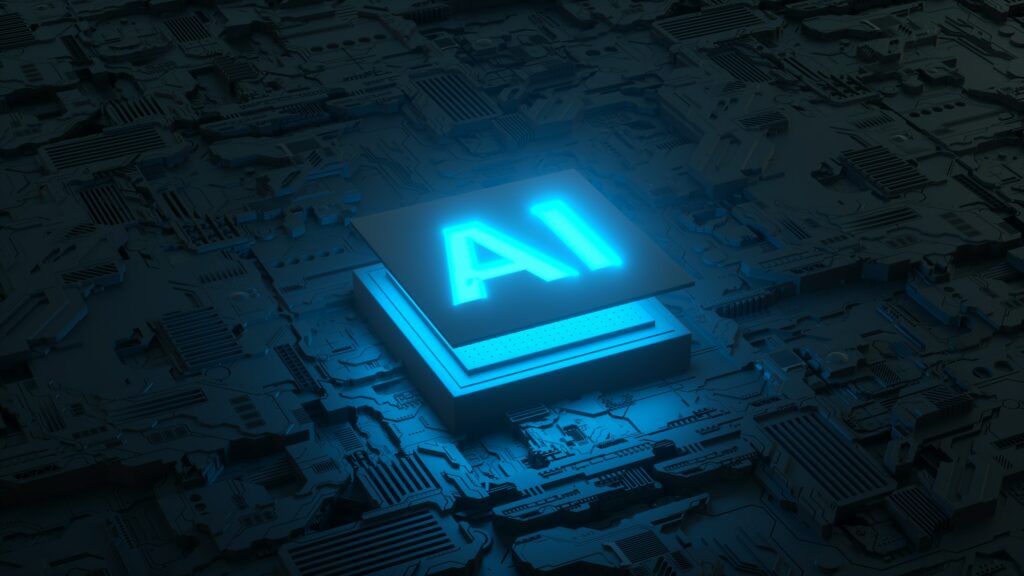How Artificial Intelligence is Reshaping the Learning Landscape
Introduction:
The rapid advancements in technology have led to a significant transformation in the education sector. Artificial Intelligence (AI) has emerged as a driving force behind this change, as innovative startups and companies leverage its potential to develop cutting-edge educational solutions. In this article, we will explore how AI is revolutionizing the education industry, addressing personalized learning, virtual tutors, accessibility, and the future of job skills. Additionally, we will highlight several groundbreaking AI-powered edtech products and their impact on students and classrooms.
The Rise of Personalized Learning with AI
One of the most notable trends in the edtech sector is the integration of AI for tailored learning experiences. Companies like Knewton and Carnegie Learning employ AI algorithms to analyze student data and design individualized lesson plans that cater to each student’s unique needs and learning preferences. This methodology has proven highly effective, with students who use personalized learning solutions showing considerable improvements in test scores and overall academic performance. As a result, the global AI in education market is projected to grow from $1.68 billion in 2018 to $9.81 billion by 2023, at a CAGR of 44.9% during the forecast period.
Virtual Tutors and Teaching Assistants Enabled by AI
Another significant development in the edtech landscape is the creation of AI-powered virtual tutors and teaching assistants. Companies like OpenAI and Cognii are working on AI systems capable of assisting students with homework and offering real-time feedback on their work. These virtual tutors can provide personalized support to each student, akin to human tutors but at a significantly lower cost.
Enhancing Educational Content through AI
AI is also being harnessed to develop more engaging and interactive educational content. Platforms like Coursera and Udemy use AI to generate personalized course recommendations, while companies like Duolingo and Rosetta Stone employ the technology to create adaptive language-learning programs tailored to the user’s skill level.





















